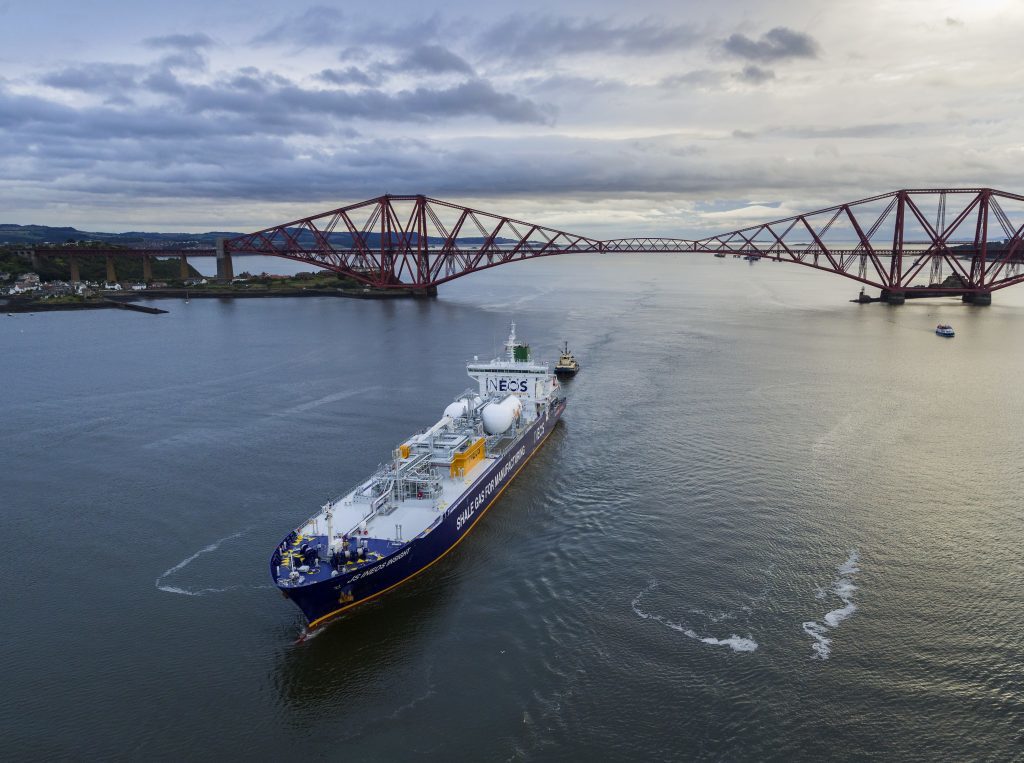
A fracking boss has insisted drilling for gas is better than importing it as the Government prepares to rule on two sites in Lancashire.
Francis Egan, chief executive of Cuadrilla, the company behind the plans in Fylde, said the controversial process is the best solution for the UK’s fuel shortage.
He told Good Morning Britain: “The country needs gas. The country is running out of gas, and without some form of energy development, we’re going to end up importing all of our fuel from overseas, and we’ve seen that just last week with the ridiculous situation where Scotland is importing shale gas from America, which frankly is crazy.”
Addressing local concerns about traffic, Mr Egan said that after an initial construction and drilling period the traffic would be “down to three or four trucks a week”.
He said the impact of a producing site is “far less, frankly, than a wind farm”.
He added: “The fact is that this is a temporary development. There is traffic, obviously, you can’t do this without it, but we’re talking about 25 trucks a day at peak.
“That’s for a maximum of six weeks spread out over a two-year period.”
Lancashire County Council turned down planning applications for fracking for shale gas at Preston New Road and Roseacre Wood, even though its officials had recommended one of the schemes.
Cuadrilla appealed against against the decision and it went to a public inquiry which was heard earlier this year.
Communities Secretary Sajid Javid is expected to make the final ruling on the schemes today.
When David Cameron was prime minister, he said the Government was going “all out for shale” to boost the economy, jobs and energy security, and soon after she took over as PM, Theresa May launched a consultation which could see home owners receive individual payments for fracking wells drilled nearby.
But the process – in which liquid is pumped deep underground at high pressure to fracture shale rock and release gas – remains highly controversial, with many protesters turning out for the public inquiry.
Opponents fear the process can cause earthquakes, pollute water, lead to damaging development in the countryside and hit house prices.
The process has been mired in controversy since it hit the headlines in 2011 for causing two minor earthquakes in Lancashire, prompting a temporary ban on fracking in the UK.
The ban was later lifted, with controls put in place to prevent tremors, but fracking continues to attract opposition over fears it can also cause water contamination, noise and traffic pollution.
With the Government set to ratify the global Paris Agreement on cutting greenhouse gases before the end of the year, environmentalists argue fracking for fossil fuels is not compatible with tackling climate change and the focus should be on renewables.
Recommended for you
